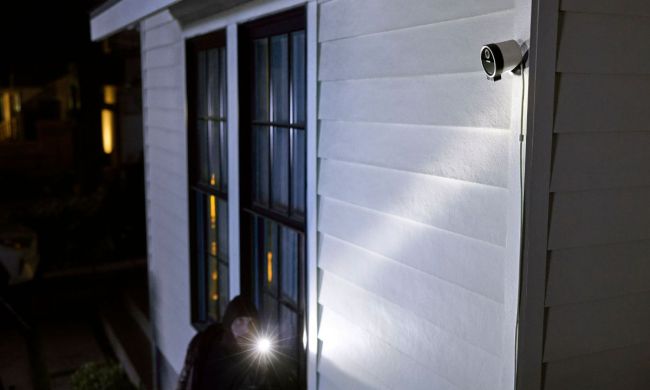It’s official: new legislation signed by President Bush makes pretexting—the practice of obtaining a person’s phone records under false pretenses—a federal offense.
The Consumer Telephone Records Protection Act of 2006 criminalizes making false statements or presenting false documents to a telephone service operator in an attempt to gain access to a third party’s personal telephone records. The new loaw also makes it illegal to sell or transfer of confidential phone records; this ban applies to Internet sites offering to obtain or sell that information. Violators will be subject to up to 10 years in prison and a fine of up to $500,000.
The practice, called “pretexting,” fell between the cracks of previously existing federal legislation. Although it has long been illegal to use false pretenses to obtain another person’s financial records, the law was worded in such a way that telephone records weren’t clearly protected. As such, private investigators, lawyers, credit reporting agencies, and other parties—as well as innumerable scam artists—would use pretexting to obtain other people’s phone records: sometimes it was to determine who they were talking to, and sometimes to determine what services they were using and whether, say, phones, services, and financial means were being hidden from creditors. In other cases, of course, it was purely to perpetrate further fraud on the person.
The legal status of pretexting for telephone records recently came under public scrutiny when investigators working on behalf of Hewlett-Packard‘s board of directors used the technique to obtain phone records of board members and journalists in an effort to find the source of board room leaks.


